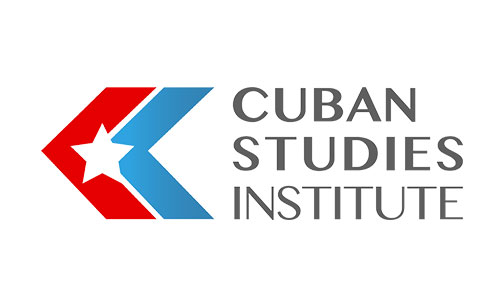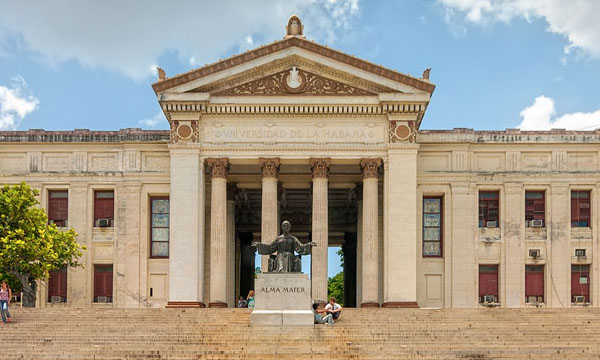PARTIDO DEL PUEBLO CUBANO (ORTODOXO)
Created in 1946, by a faction of the Partido Revolucionario Cubano (Auténtico) that broke with the party, disillusioned with the corruption of the Grau San Martín administration of 1944-1948. Led by Eduardo Chibás, it adopted a broom as its emblem. Proclaiming “vergüenza contra dinero” (dignity versus money), the ortodoxos aimed to “clean up” Cuban politics and rescue the revolution of […]
PARTIDO DEL PUEBLO CUBANO (ORTODOXO) Leer más »



